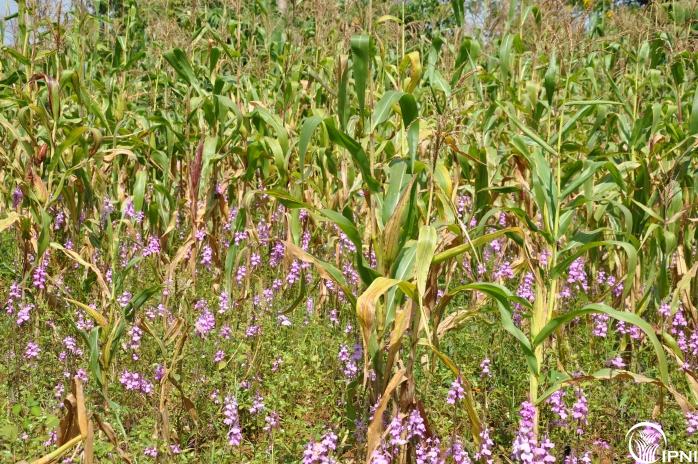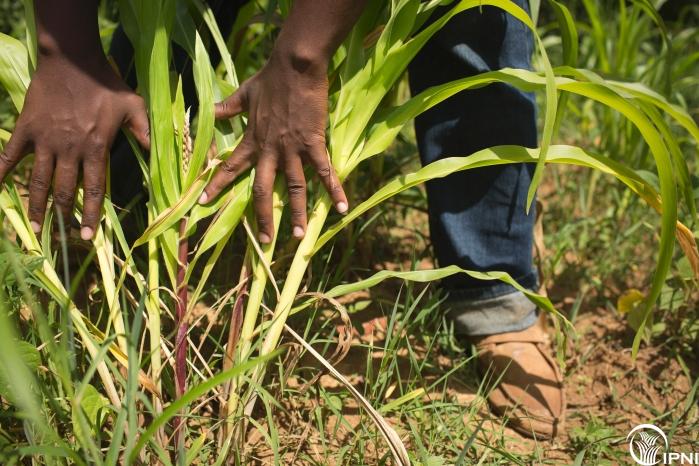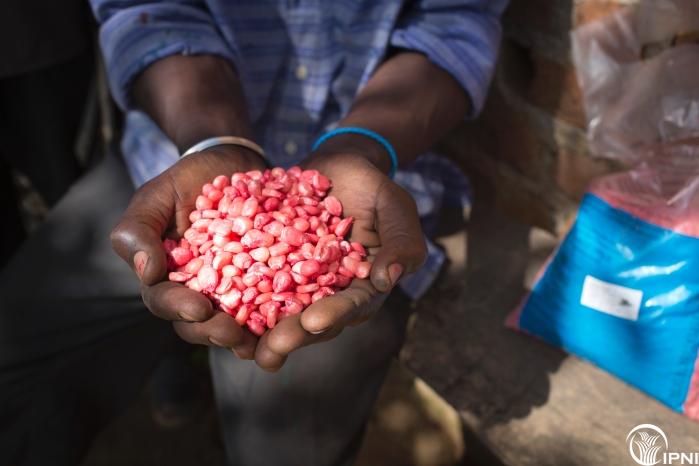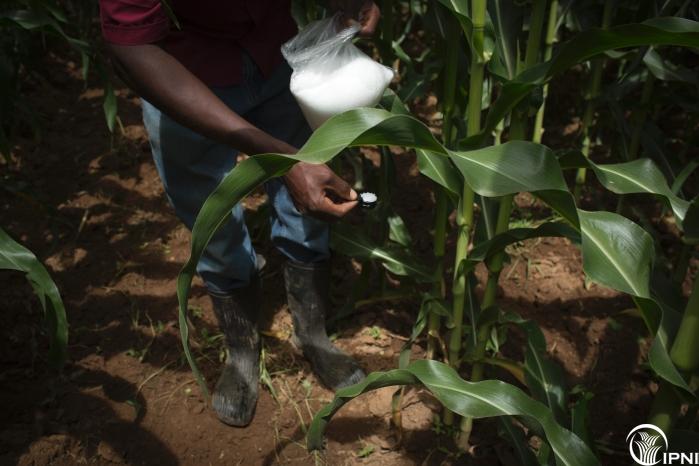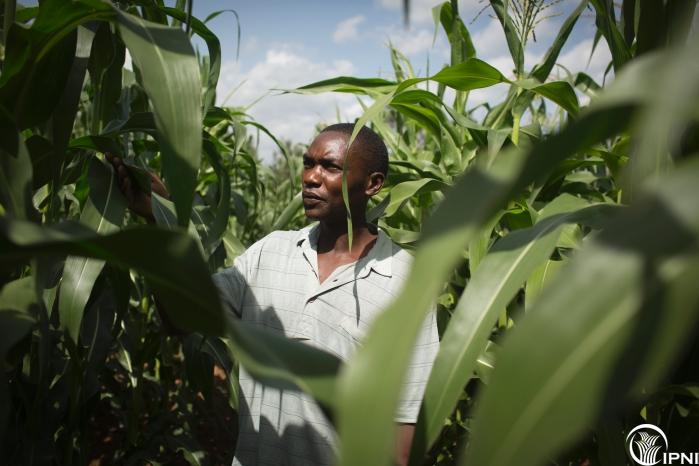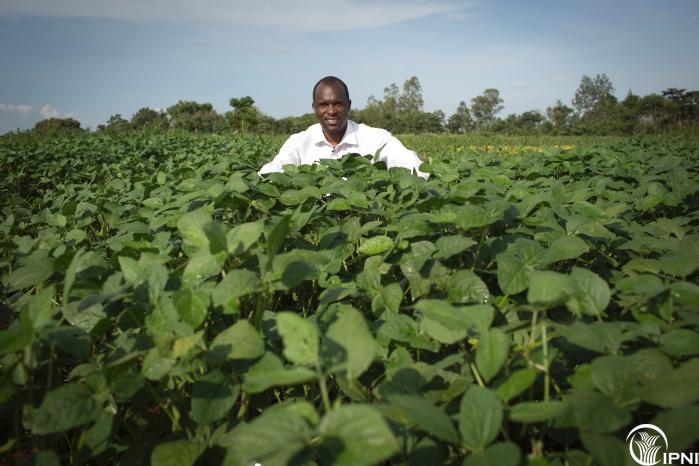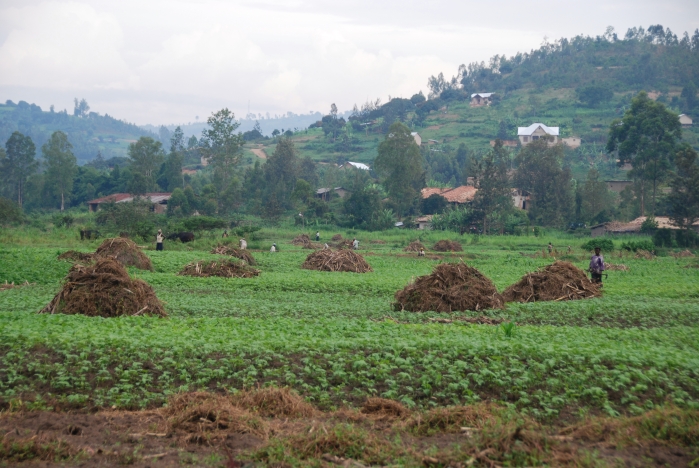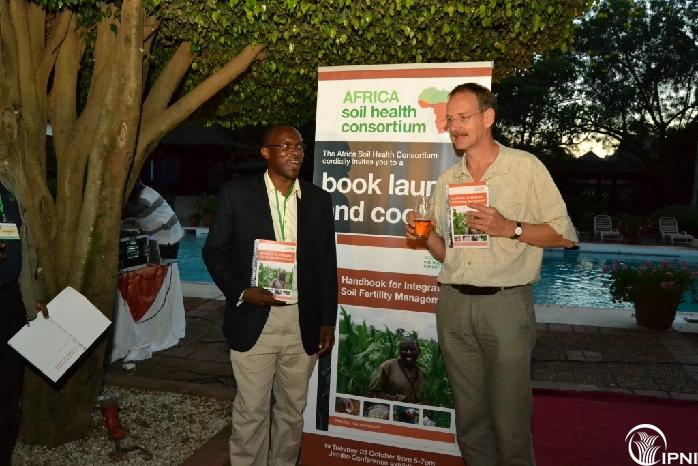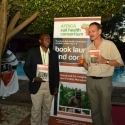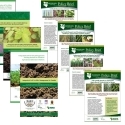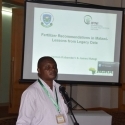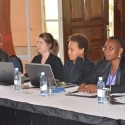Integrated Soil Fertility Management
 ISFM is an important strategy to improve crop yields in smallholder farming systems
ISFM is an important strategy to improve crop yields in smallholder farming systems
Most of the soils in Africa are inherently infertile, and poor agricultural management practices during the past decades have led to a severe decline in their productive capacity. Given the low levels of fertilizer use and poor soils in SSA, fertilizer use must increase if the region is to reverse the current trends of low crop productivity and land degradation. There are renewed efforts to raise fertilizer use in SSA from the current 8 kg to 50 kg per ha by improvement of the marketing, policy and socio-economic environment to increase fertilizer availability at prices affordable to smallholder farmers.
Soil fertility research in SSA over the past decades has established integrated soil fertility management (ISFM) as a fundamental concept to improve crop productivity in complex smallholder farming systems in a sustainable manner. ISFM encompasses the use of improve crop germplams and application of mineral fertilizer in combination with various organic resources, including crop residues, animal and compost manure and legume residues. ISFM also provides for judicious and management of nutrient resources to improve the agronomic efficiency of the fertilizer, while avoiding detrimental effects on the environment.
IPNI is collaborating with the Africa Soil Health Consortium to develop a series of knowledge products to support improved understanding and use of Integrated Soil Fertility Management (ISFM) techniques in sub-Saharan Africa, enabling smallholder farmers to improve their crop yields.

